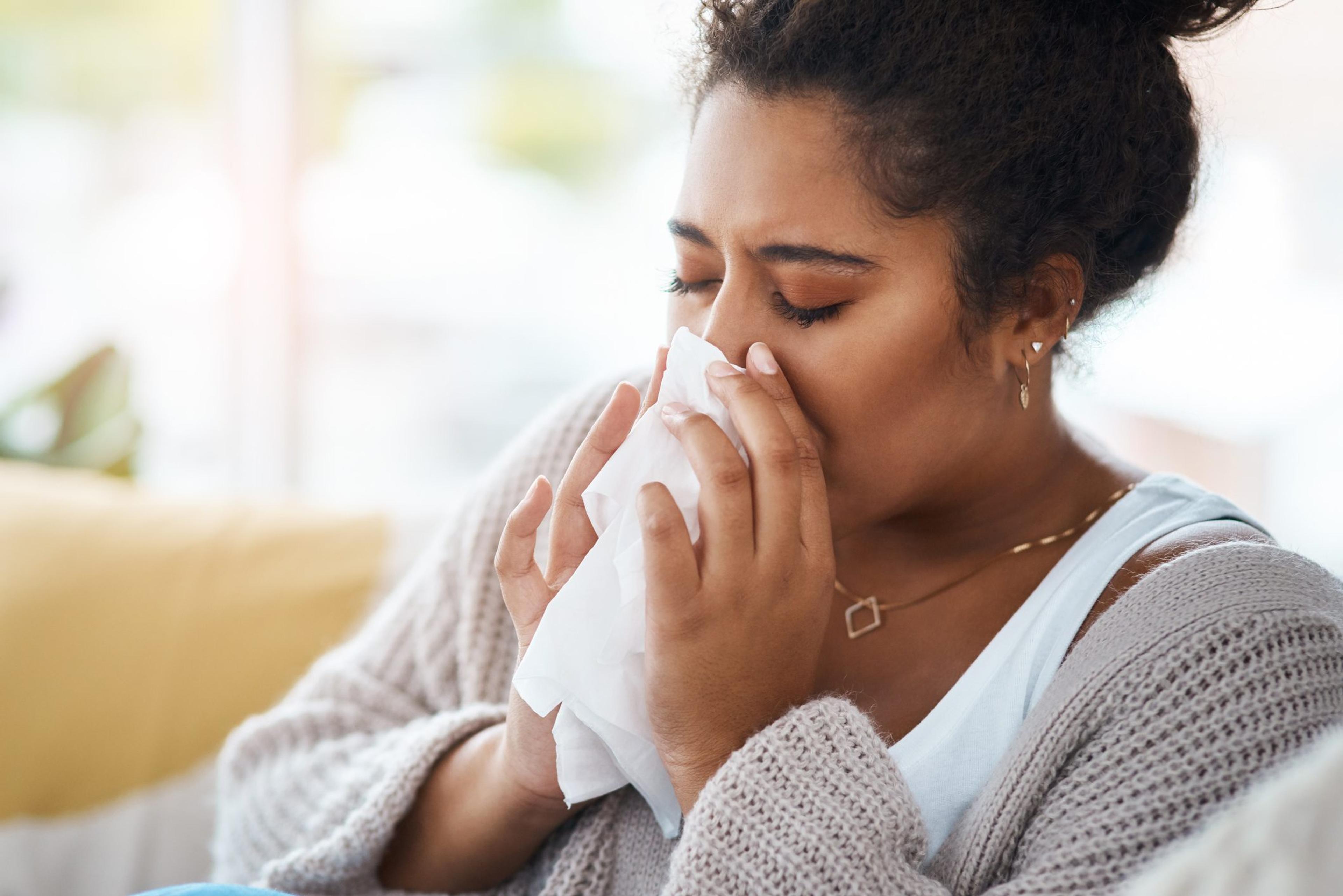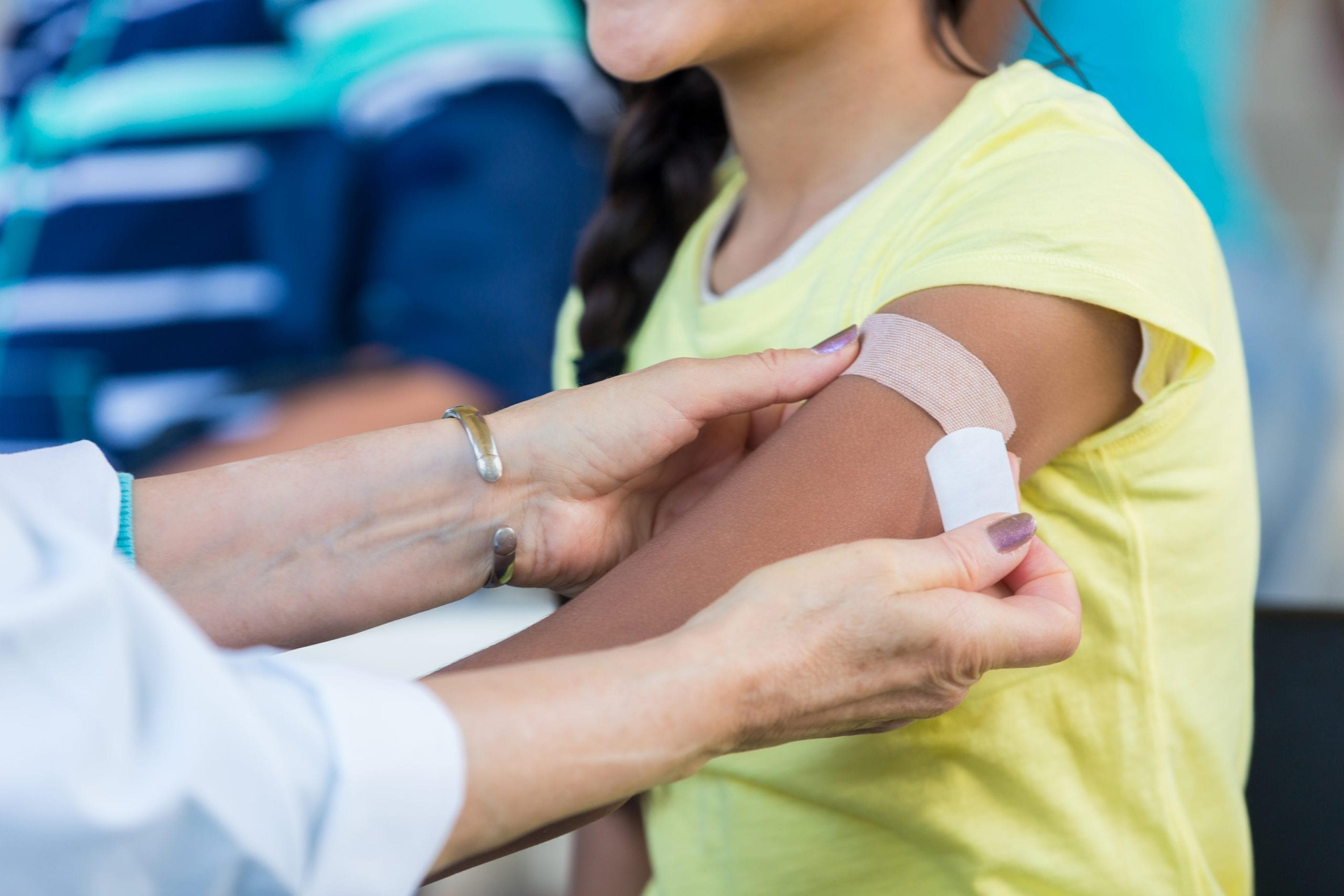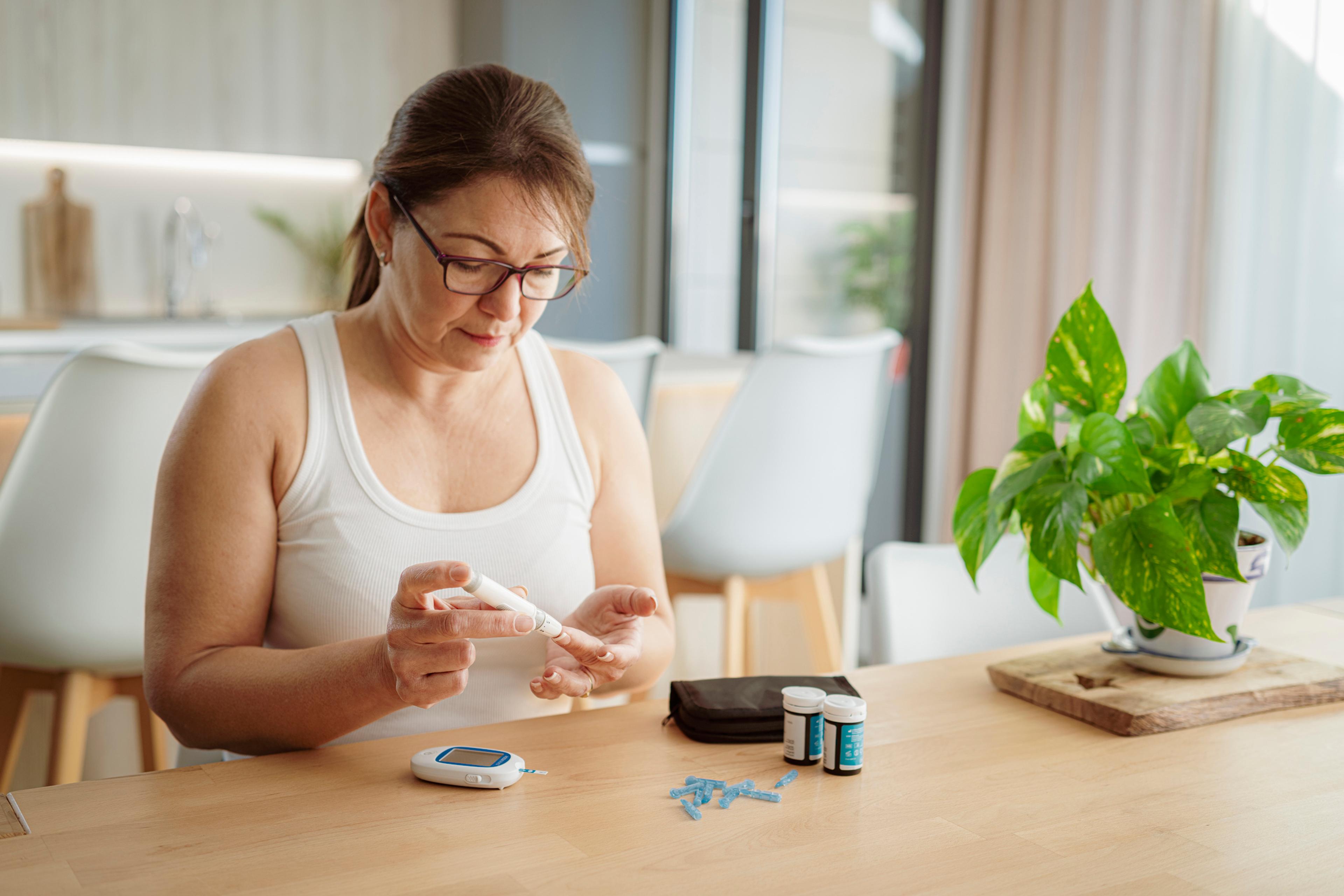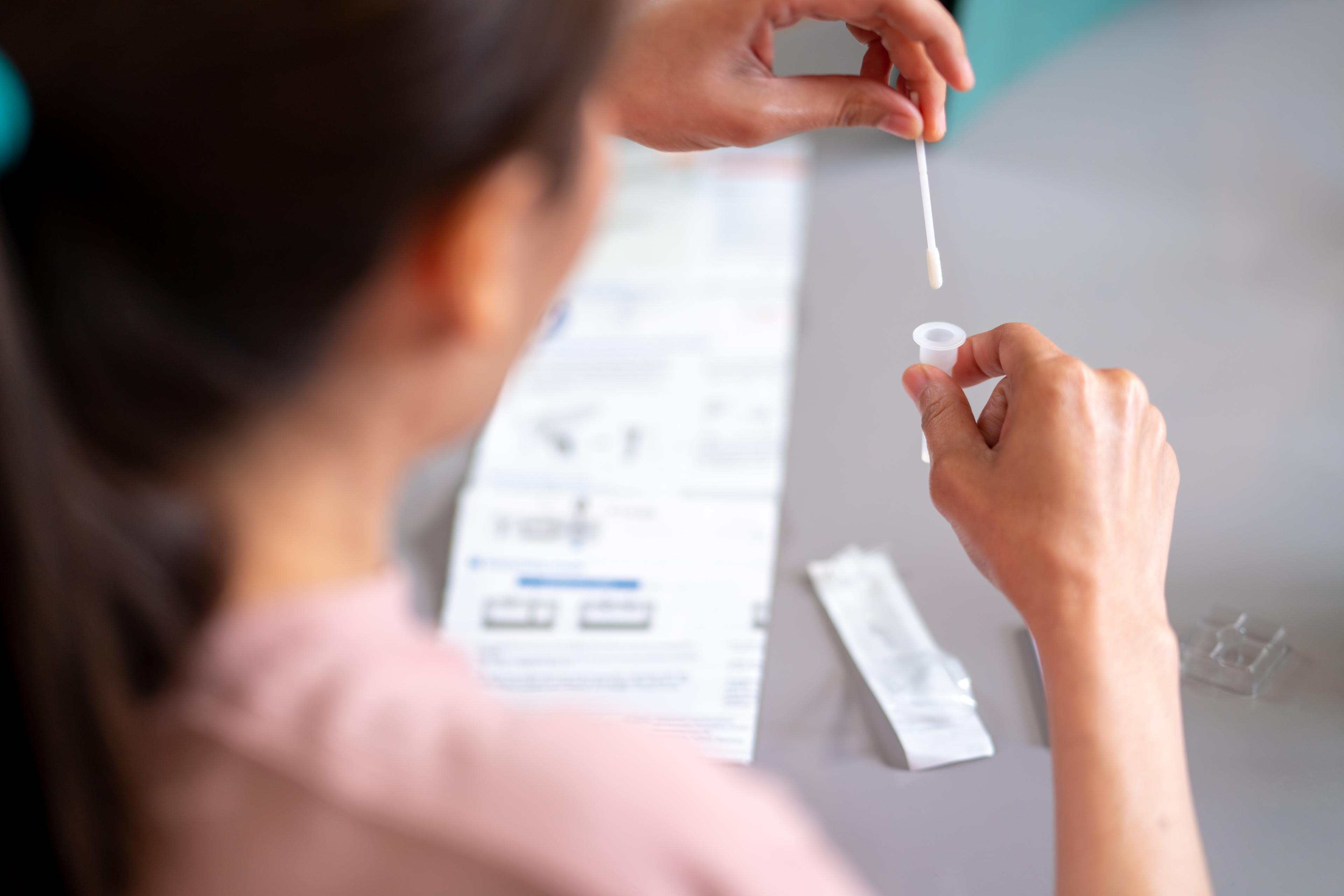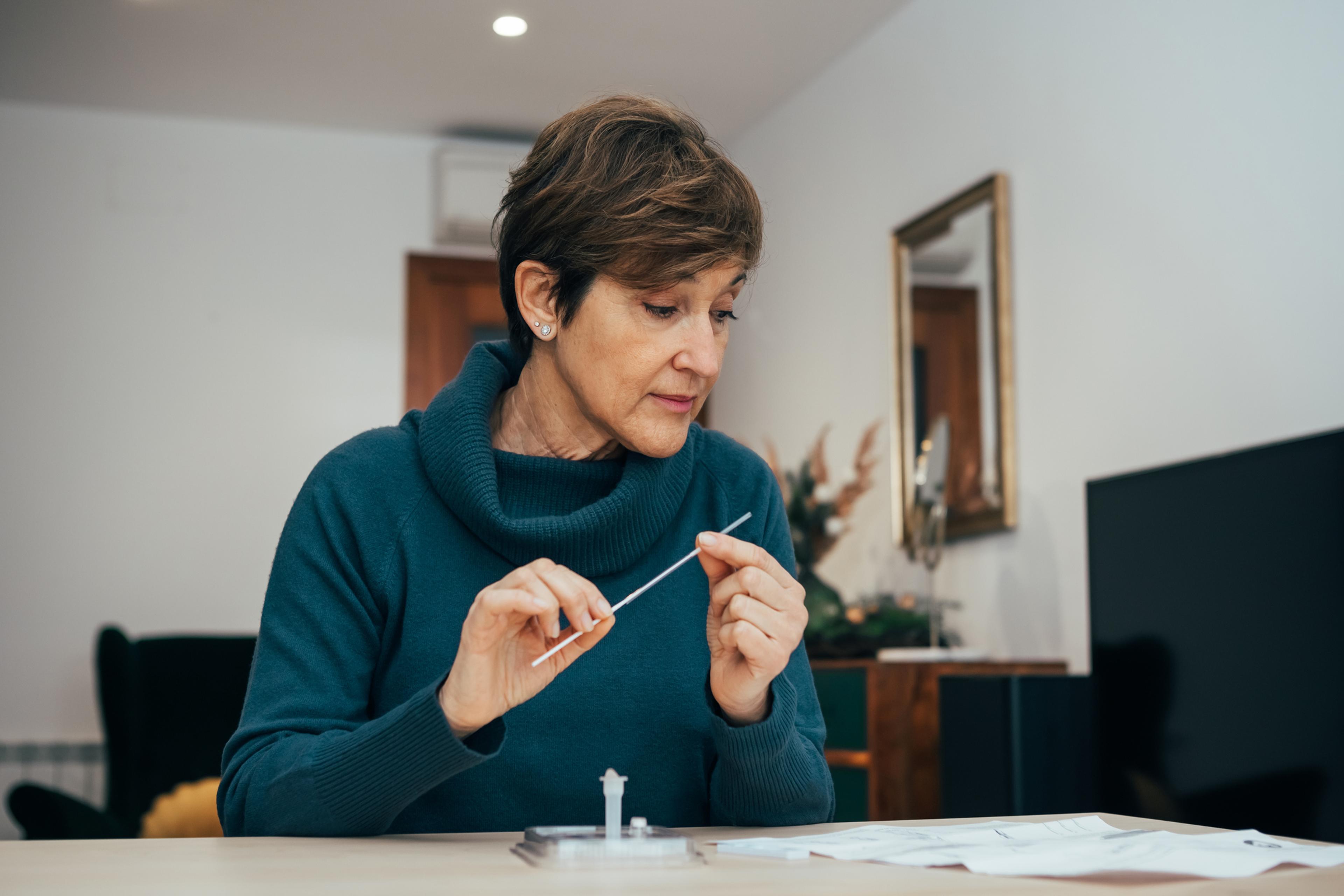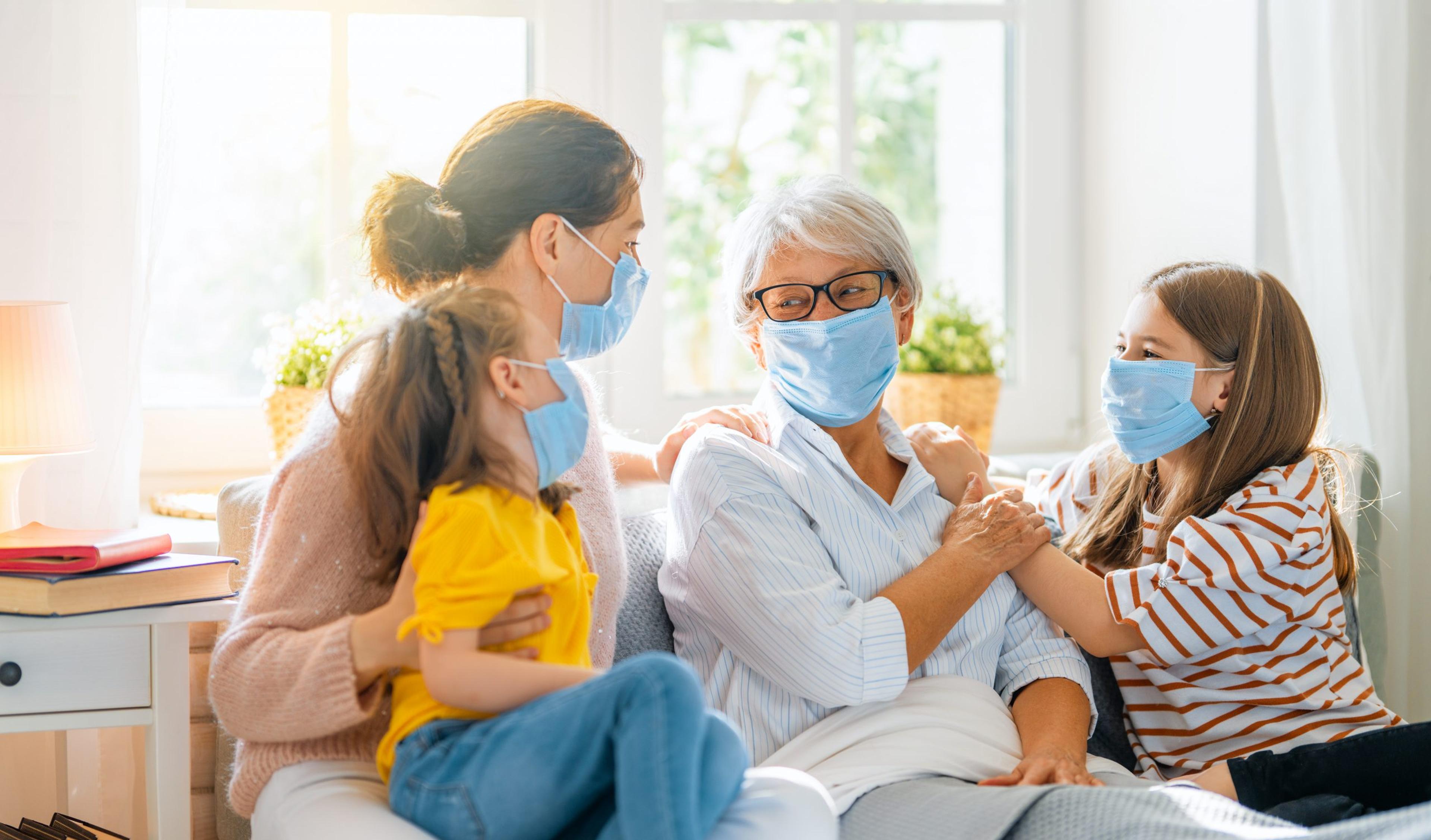
Editor's note: This post was last updated May 14, 2021, with the latest information. Now that everyone 12 and older is eligible for COVID-19 vaccinations, many parents might find themselves facing a dilemma. While they might feel ready to re-emerge from a year of restrictions after they’re fully vaccinated, they still need to consider the safety of their younger, unvaccinated children. Right now, kids age 11 years old and younger aren’t eligible for any of the available vaccines in the U.S. Until they are, they are susceptible to the virus and can spread it to others.
COVID-19 can be serious in children
While children often have milder cases of COVID-19, with many having no symptoms at all, there has been a recent record-setting uptick in the number of children hospitalized in Michigan with the virus or complications resulting from the virus. A small percentage of kids who have had COVID-19 develop multisystem inflammatory syndrome in children (MIS-C), a rare inflammatory disease that can attack healthy organs. According to the Centers for Disease Control and Prevention, MIS-C is serious and potentially deadly, but most children do get better with medical care.
How to safely make plans with your kids
First, it’s important that the entire family continue to take COVID-19 precautions, such as wearing a mask when required, social distancing, washing hands frequently and avoiding crowds. With that in mind, these are some activities you might be considering with tips to help everyone stay safe:
- Seeing fully vaccinated relatives. If grandparents are also fully vaccinated, setting up a visit – and exchanging hugs – should be safe. Having children wear masks inside or getting together outside at a park are additional precautions you could consider, especially if anyone has a compromised immune system.
- Arranging a playdate. Considering the other parent or parents you’d be visiting are fully vaccinated, setting up time for your children to connect with friends they haven’t seen in-person is a relatively low-risk activity provided some precautions are taken. The Centers for Disease Control and Prevention recommends that children stay six feet apart and wear masks. Outdoor playdates are safer than visiting indoors.
- Taking a trip. Right now, the CDC still advises that people who are not fully vaccinated refrain from traveling. If you must travel as a family, you should follow all COVID-19 precautions including masking up at all times in public, and any unvaccinated members of the family should be tested 1-3 days before domestic travel and again 3-5 days after travel. They should also stay home and self-quarantine for 7 days after travel or 10 days if they don’t get tested at the conclusion of travel. Driving to your destination as opposed to flying could is a good measure to limit potential exposure to the virus.
- Eating at a restaurant. The safest way to dine out with unvaccinated children is to eat outside. Risk of exposure is higher indoors and since everyone will need to take their masks off to eat, sticking to restaurant patios is your safest bet until your children are vaccinated. Takeout is also a safe option – on nice days, take a to-go feast to a park’s picnic table if you’re craving a way to get out of the house.
For children younger than one and for kids with underlying health conditions such as diabetes or sickle cell disease (see more conditions here), there might be an increased risk of severe COVID-19 illness compared to other children. If your child has an underlying health condition, talk to their health care provider about additional precautions you might want to take in order to keep them healthy. Because of the increased risk, it might be best to continue isolation measures you’ve had in place until they are able to be vaccinated. “While it might be tempting for parents to jump back into their normal routines once they’ve been vaccinated, it’s important to take a pause and consider the potential risk to unvaccinated children before doing so,” said Dr. James Grant, chief medical officer, Blue Cross Blue Shield of Michigan. “Vaccines for younger children are undergoing clinical trials and there’s good reason to be optimistic that we’ll be able to vaccinate many children before the end of this year, allowing more opportunity to get back to some of our favorite activities.” It’s also important to understand that vaccines and their effectiveness are still being studied. The CDC says vaccines are effective at preventing COVID-19, particularly severe illness and death. Vaccines are still being studied for their effectiveness against COVID-19 variants, how effective they are at stopping the spread of the virus to others and how long immunity against the virus lasts. Stay up to date on the latest COVID-19 guidelines by seeking out reputable resources at cdc.gov/coronavirus or by visiting our informational blogs covering general COVID-19 information and updated vaccine guidance, both updated frequently with information verified by our medical directors. Related:
Photo credit: Getty Images

